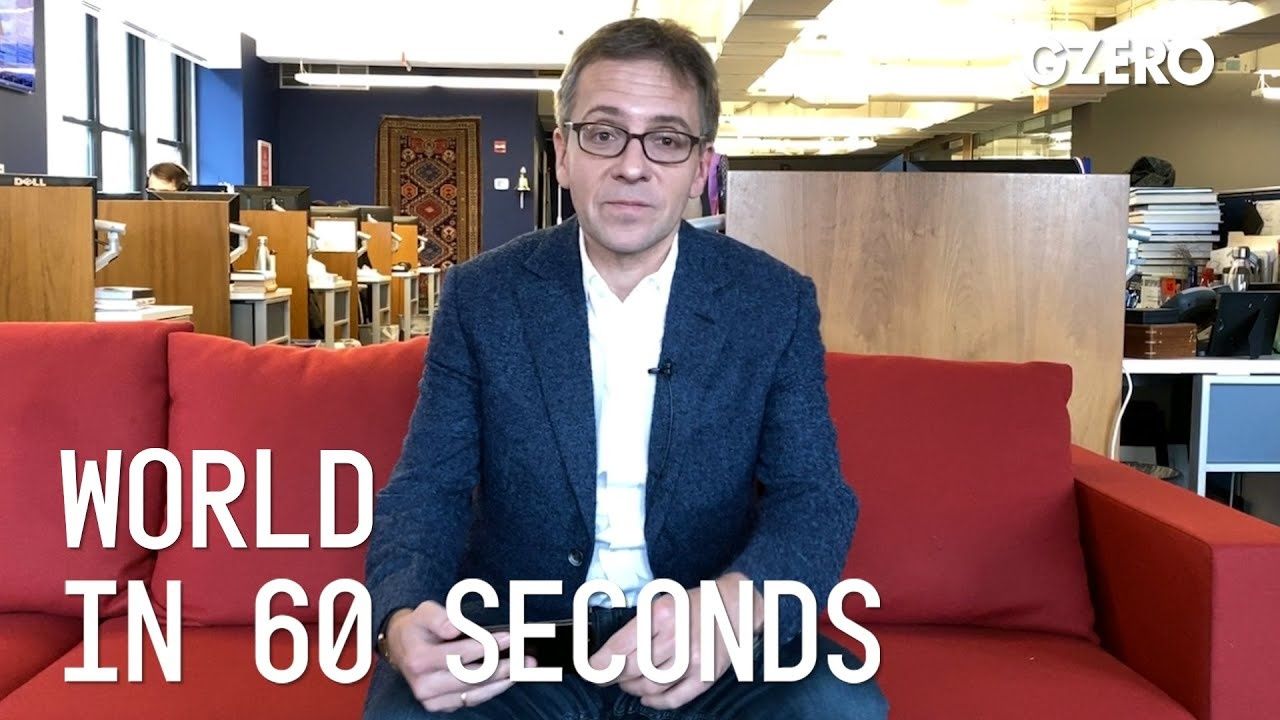
What surprised you most about the Munich Security Conference?
The fact that the United States and Europe are in fundamental disagreement about the most important security issue out there. From the US perspective, it's China. From the European perspective, it's not. We've talked about a pivot to Asia for a long time. Obama did. Didn't really happen. Now the Americans on security are really pivoting to Asia. The Republicans and the Democrats. The Europeans aren't. Is that going to have a massive impact on the stability of the transatlantic relationship? You bet your ass it is. That's what concerns - that's what surprised me.
Is the coronavirus outbreak stabilizing as Chinese authorities say?
Not clear. I talked to the head of W.H.O. when I was at Munich. I talked to some of the epidemiologists that are world renowned on these issues. They're not sure at all. They don't understand yet exactly how the transmission works. And they're certainly not saying that the end of flu season means the end of this coronavirus. That's something the Chinese have been saying. Basic expectations, I've heard, if all goes as planned, is you get about eight hundred thousand cases of coronavirus in China in total and you don't get major breakouts outside of China. They hope that's where we're heading. If that's true, it's not a lot of deaths in terms of this kind of pandemic. It's less than twenty thousand, but it's major economic dislocations for the Chinese and the rest of the world. Those economic impacts are going to be the ones that we're going to feel for a very long time, and we'll feel them politically, too.
Are we "turning a corner" in Afghanistan?
Well, we are in terms of America's role in the longest standing war that America's ever fought in since its founding. We're closer to a deal between the Taliban and the United States that will allow for the Americans to start withdrawing significant levels of troops and lead to peace negotiations between the Taliban and the Afghan government. The Taliban likes this because if American troops leave, they're certainly not going back. The Afghan government is very worried because they know the American troops aren't coming back. And the likelihood the Taliban actually then follows through on engaged deals against a very weak Afghan government with very little support from the US or anyone else is a real problem for them. So, it's turning the corner, but probably not for the Afghan people.